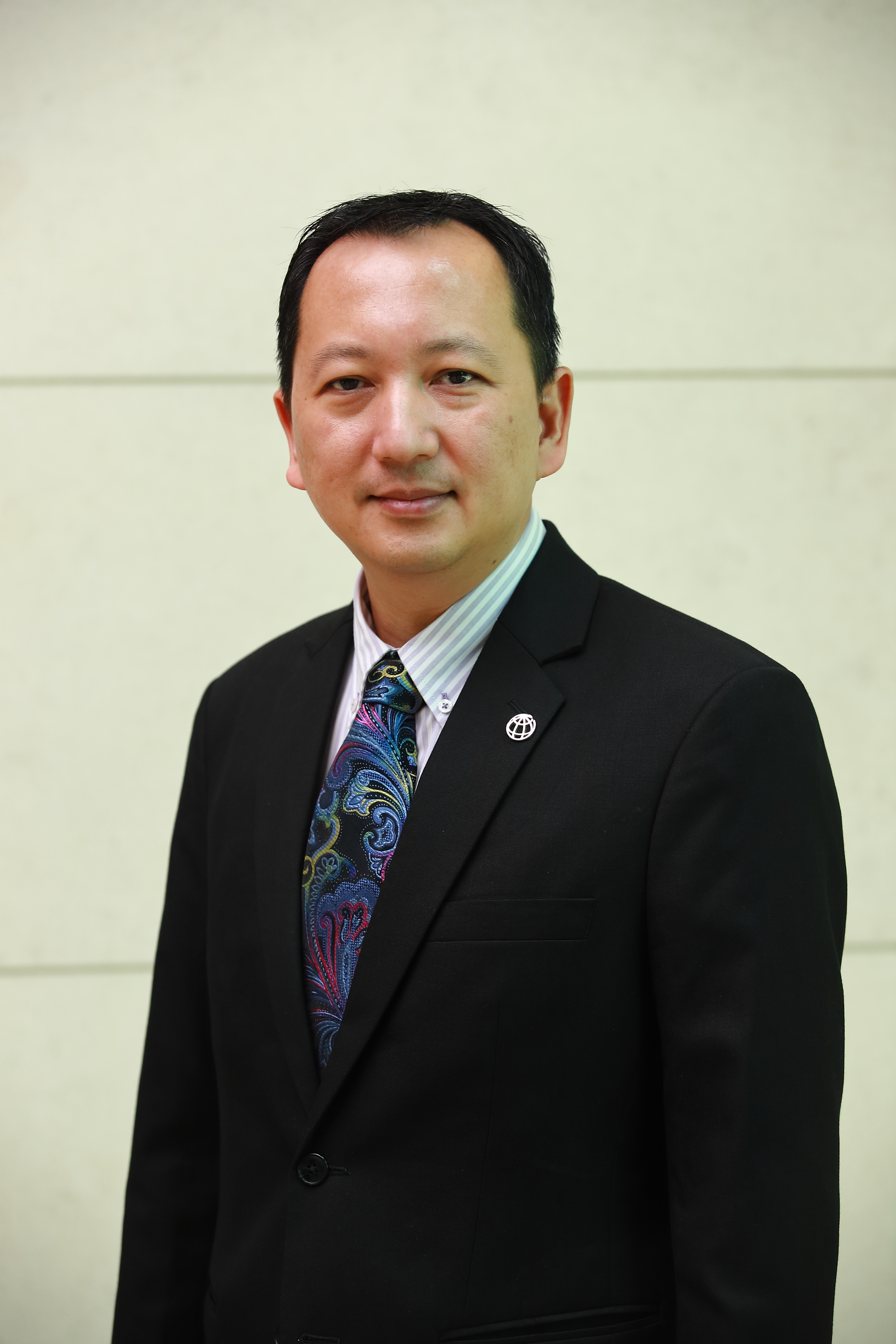CFA Institute 10 February 2022
SDG Investing
CFA Institute Alpha Summit APAC
Virtual Session: Video On Demand
Overview
CFA Institute Alpha Summit APAC, a two-day virtual conference focusing on the investment industry’s biggest challenges and most compelling trends across Asia Pacific, was held on 10-11 February 2022.
As investment managers respond to increased expectations from clients to align with UN PRI Sustainable Development Goals (SDGs), fundamental questions still need to be addressed. From establishing frameworks that achieve PRI Sustainable Development Goals to defining, measuring and integrating social factors in valuation analysis, best practices are still evolving. How can investors increase the positive outcomes and decrease the negative outcomes arising from their actions, and what considerations should guide the adaptation of investment processes?
Speaker:
- Shelagh Whitley, chief sustainability officer at the Principles for Responsible Investment (PRI)
Moderator:
- Mohamed Rozani Osman, World Bank senior financial sector specialist
Watch the Video
Length: 46 min. Recorded: 10 February 2022.
Synopsis
The Evolution of Sustainable-Goal Investing
Shelagh explains that the PRI was formed in 2006 by the United Nations. The initiative was driven by asset owners who sought to amplify sustainability in capital markets. It now represents the responsible-investment community globally and has more than 4,000 signatories to the six principles for responsible investment. The PRI is currently working to support sustainable development goal (SDG) investing. Shelagh adds, “This is a new area for us and many of our signatories, and it forms an important part of our three-year strategy.”
She also addresses investors’ role in achieving sustainability-focused outcomes and why PRI signatories increasingly are focused on SDG investing. She outlines the PRI’s five-part framework for SDG, which will help market participants shape sustainability outcomes.
SDG Investing: Exploring an Outcome-Driven Approach
Investor expectations are changing. “We see issues, such as human rights abuses, climate change, and inequitable social structures, are increasingly recognised as threats to the economy, investors’ portfolios, and society as a whole,” says Shelagh. More than 30% of PRI signatories have some of their investment activities focused on SDGs.
The discussion also focuses the importance of helping investors understand the risks and opportunities that come with changes to business models, supply chains, and the introduction of new and expanded products and services. “A focus on sustainability outcomes allows investors to understand the transition to an SDG-aligned world,” notes Shelagh.
A Breakdown of the Five-Part SDG Framework
Shelagh breaks down the five-part SDG framework. The first part relates to identifying and understanding unintended outcomes. The second segment involves establishing policies and targets, such as a commitment to net zero. Third, the framework looks at capital allocation and decision making to measure progress toward achieving the targets set in part two. With its fourth pillar, investors are expected to work collaboratively with other participants in the financial system, such as credit rating agencies, index providers, proxy advisers, banks, and insurers. The fifth segment acknowledges that no single group will achieve the SDGs in isolation. Thus, collaboration is crucial to success.
Sustainability in Emerging Markets
More than one-third of the 750 sustainable-finance policy tools tracked by the PRI can be found in emerging markets. “This means that governments and institutions are increasingly using SDGs and high-level climate goals to signal their commitment, build more sustainable economies, and attract responsible capital,” says Shelagh. Several countries have issued green and sustainability bonds that link directly to the development strategies and projects aligned with the SDGs or climate-related goals. This dispels the myth that environmental, social, and governance efforts in emerging markets lag other territories.
SDG: Collaboration on the Ethical Journey
Although solid progress has been made, the overall message is that “there is still much to do,” notes Shelagh. The key to achieving desired outcomes is collaboration. That said, many investors are now focusing on climate change, gender equality, and public health, which mirrors the work being done by the PRI.
CFA Institute Alpha Summit APAC 2022
Virtual Sessions - Video On Demand:
Day 1:
- Welcome and Opening Remarks: Think Beyond the Horizon
- Fireside Chat: Progress in Greening the Financial System—Lessons Learned and Looking Forward
- Panel Discussion: Climate Change Risk – Action for Industry Stakeholders
- Panel Discussion: Global and Regional ESG Regulations and Standards – Implications for the Financial Services Industry
- Panel Discussion: The Pandemic’s Impact on Shareholder Activism
- Keynote and Fireside Chat: SDG Investing
Day 2:
- PGIM Sponsored Session: 2022 Best Ideas - The Road to Renewal
- Panel Discussion: Managing Pension Funds for Sustainable Long-Term Return
- Panel Discussion: Trends and Changes in Capital Markets Formation
- Fireside Chat: Future of the FinTech Eco-System
- Panel Discussion: Investment Management Professional of the Future
Speakers
Mohamed Rozani Osman is a Senior Financial Sector Specialist with the Finance, Competitiveness and Innovation Global Practice of the World Bank in Kuala Lumpur, an assignment he started in June 2016.
He is currently working on several areas including sustainable finance, Islamic finance, disaster risk finance, capital markets, financial sector development and financial stability monitoring in the East Asia Pacific region. He has 18 years of investment management experience, including 10 years as Head of Treasury and Liquidity Management at Khazanah Nasional Berhad, the sovereign investment fund of Malaysia.
Prior to that, he headed the fixed income teams at Mayban Investment Management and KLCS Asset Management. While there, he managed several mutual funds and discretionary portfolios. He has also managed a leveraged multi-asset portfolio focused on the US technology and financial sectors. Before entering the financial industry, he worked in the oil and gas industry.
He has a MBA from Cornell University and a Bachelor of Science in Electrical Engineering from the University of Virginia.
Shelagh leads PRI’s programmes on Environmental, Social and Governance issues, and sustainability outcomes. Previously, Shelagh was Head of the Climate and Energy Programme at the Overseas Development Institute, where she led research on fossil fuel subsidies, green fiscal policy, and private climate finance. Shelagh has also worked in private sector and civil society organisations such as Camco and The Climate Group. She has a master’s degree in international environmental policy & finance from the Fletcher School at Tufts University in the US, and a BSc in biology and international development studies from Canada’s Dalhousie University.



